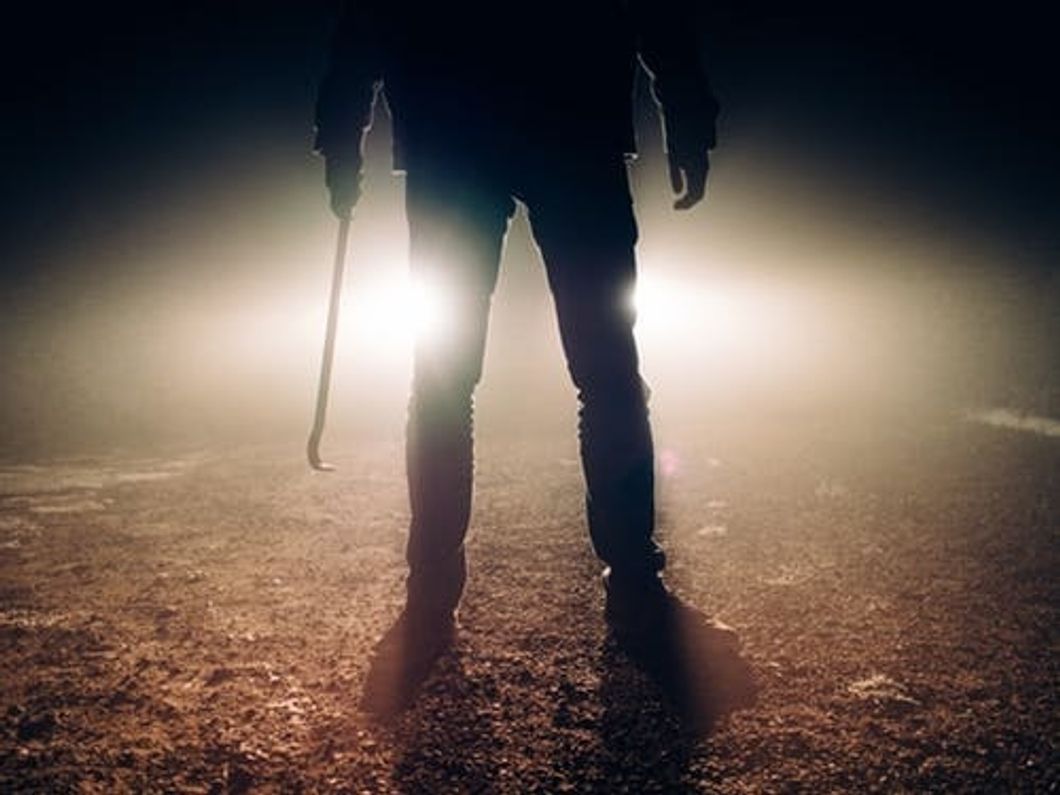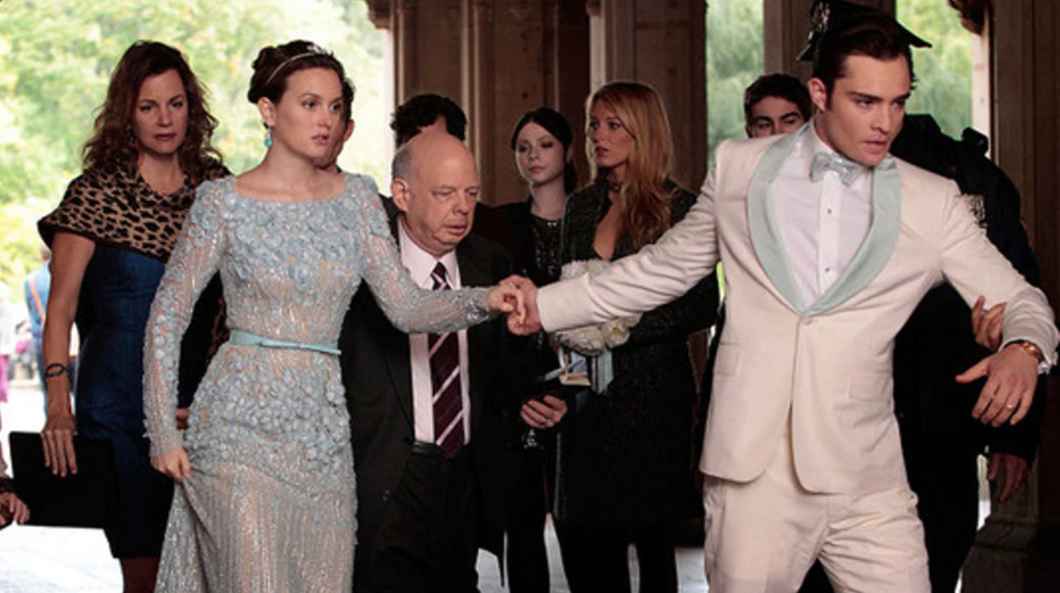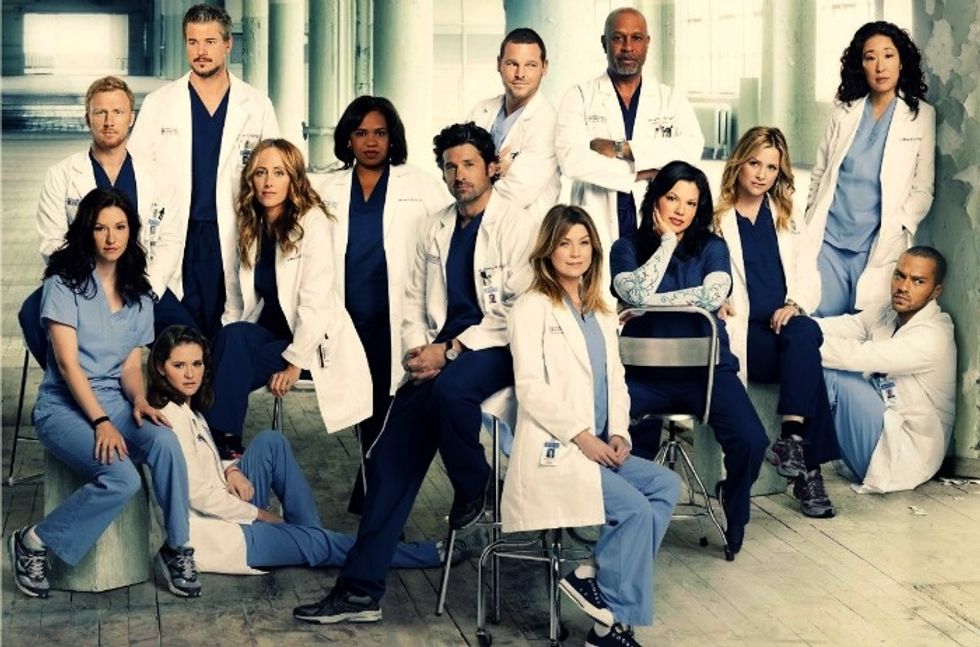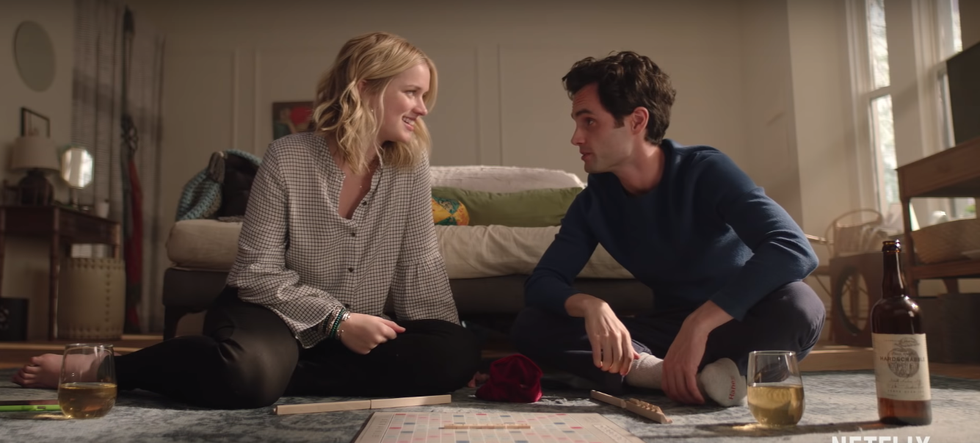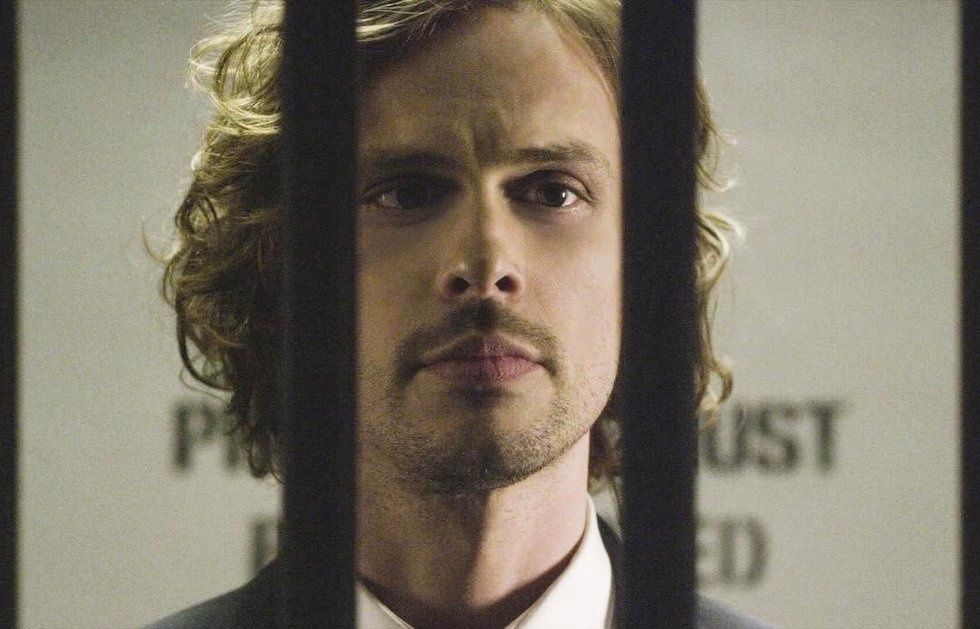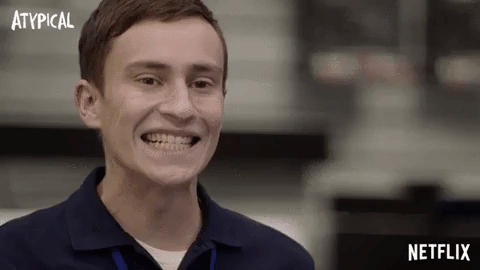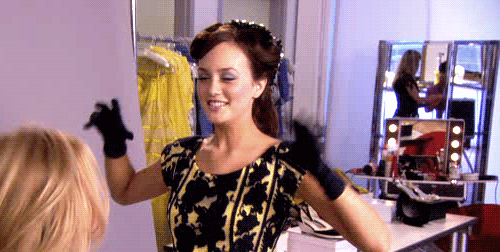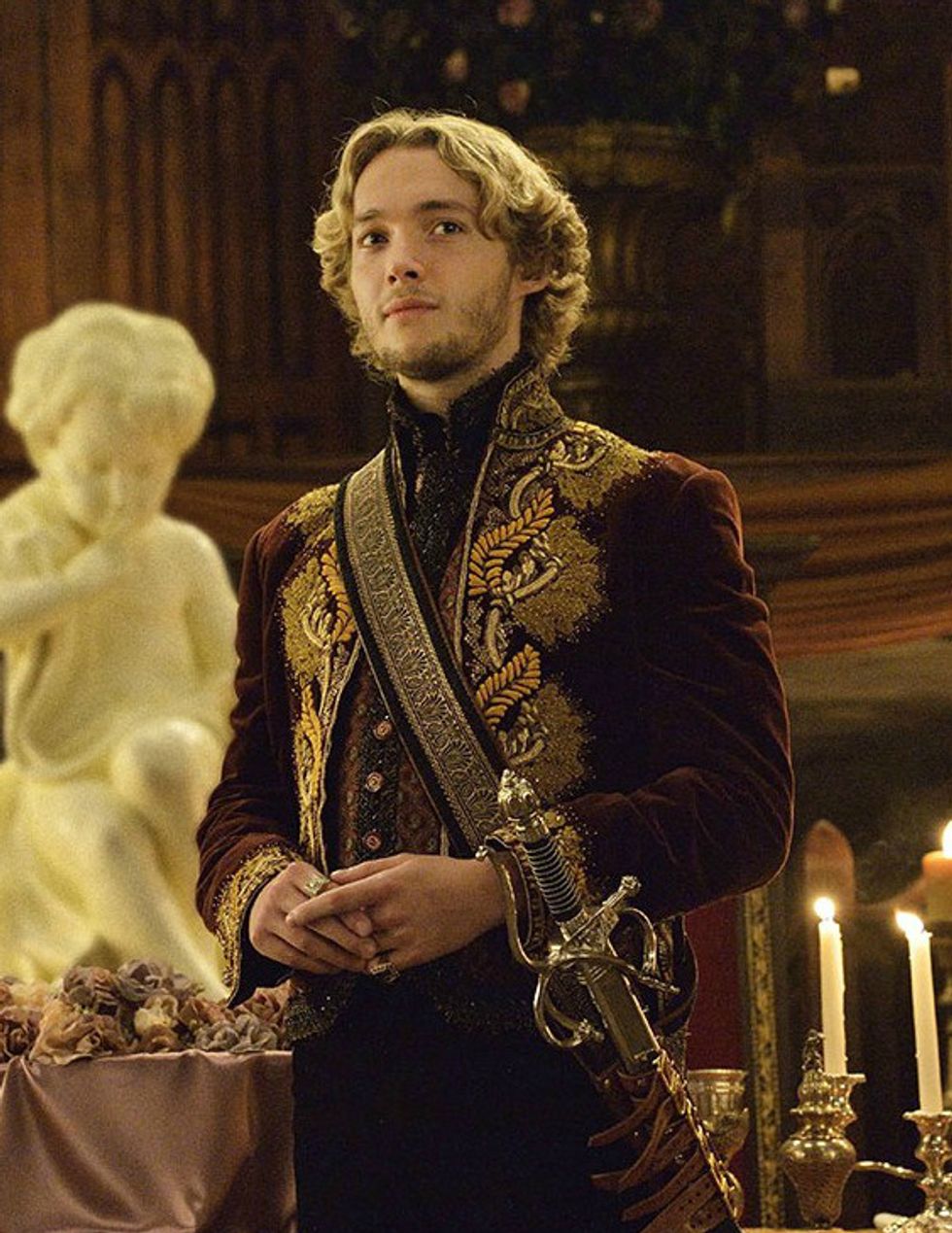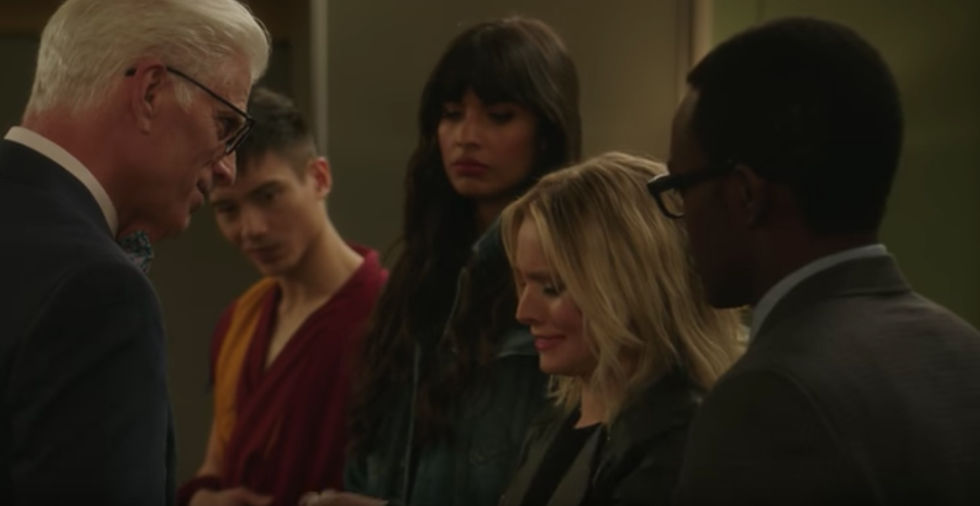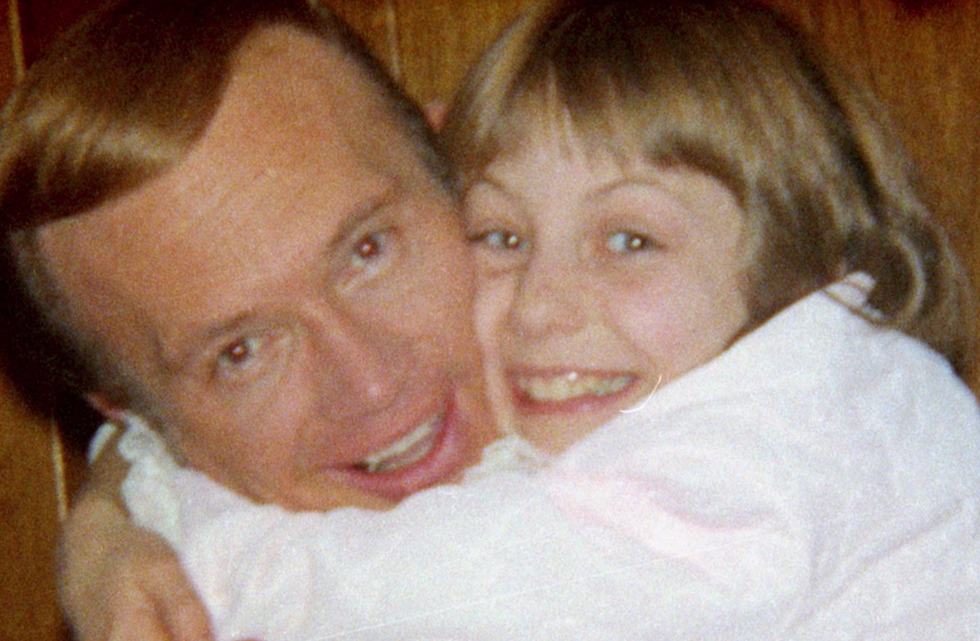Time To End The Stigma, You Can Be A Fan Of True-Crime Entertainment And Not Be Crazy
Our justice system is flawed, and true-crime shows and podcasts capture that.
I pride myself on being a pacifist. I'm a vegetarian who loves working with kids and animals, is generally against war and violence, and is too weak to do a full push up. But this doesn't stop me from having a fascination with true-crime.
Maybe it's because I'm the polar opposite of the typical murderer, but I've always had an interest in the psychology behind a crime. Shows like "Criminal Minds" and "Castle" had me hooked on murder mysteries from the beginning. How a person can be driven to murder has always confused me, and that confusion has led me to spend hours on Wikipedia pages. Newer Netflix shows like the "Ted Bundy Tapes" and "Abducted in Plain Sight" have been insanely popular with audiences. If you look on Spotify or Apple Music, some of the most popular podcasts are about true-crime. "My Favorite Murder" has 19 MILLION followers on Apple Music.
Studies have different theories on why some people are interested in true-crime. My favorite theory is that "They require attention and commitment, and tend to encourage viewers to analyze evidence on their own". Fictional shows have an open and shut case, while most shows featuring true-crime leave the audience with a sense of unease because of the unconcluded nature. We truly don't know if this person is guilty or not, but they're serving time anyways. This unease is also related to why people are hooked on true-crime. It's the same reason that people watch horror movies. People like to be scared. People also like to know what to expect, as another article states. It's studying psychology: people like to know how other people's brains work. Mystery evokes us.
TV shows have fictionalized crime for years. "Law and Order" has an open and shut case every episode, which leaves viewers with a sense of completion. Meanwhile, shows like The Staircase capture how there's a grey area, and how real people, real fathers and members of the community, can be sentenced to a crime they might not have committed. Our justice system is flawed, and true-crime shows and podcasts capture that. It brings about a sense of anger, that what we grew up hoping about our government's policies aren't black and white. Anyone you love, even yourself, can be convicted of a crime. Watching that on a TV screen or listening to it through a podcast brings awareness to that.
It's time to end the stigma surrounding true-crime. I shouldn't feel weird for saying that I watch "Making a Murderer" (Steven Avery is innocent, fight me)-- just like a horror movie fan doesn't feel weird for admitting they like horror. True-crime doesn't make me crazy, it makes me aware of what could happen to me or my friends at any moment.
You can be into true-crime and not be a murderer. You can be into true-crime and still be respectful of the victims. Lastly, you can be into true-crime and not be crazy.

